WHAT IS NEUROSCIENCE

Neuroscience is the scientific study of the nervous system and brain. It is a multidisciplinary science that combines physiology, anatomy, molecular biology, developmental biology, cytology, computer science and mathematical modeling to understand the fundamental and emergent properties of neurons, glia and neural circuits.

A multidisciplinary field Neuroscience consists of integrating numerous perspectives from biology, psychology, and medicine, and includes several sub-fields ranging from the study of neurochemicals to the study of behavior and thought.
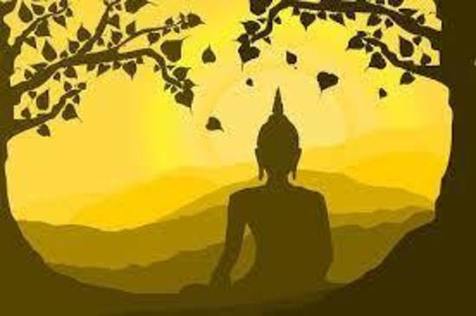
Cognitive neuroscience is the scientific study of the influence of brain structures on mental processes, done through the use of brain scanning techniques such as fMRI. Studies have shown what effects Buddhist Meditation has on your brain and your life. Meditating just fifteen minutes per day will have lasting effects and positive brain changes.
By studying how these neural connections work, we can better comprehend both normal human cognition, as well as disease—i.e., when these neural connections go awry. Now that we have a scientific background on Neuroscience let's examine the human brain during and after meditation and how you can power up your brain for Buddhist Enlightenment.
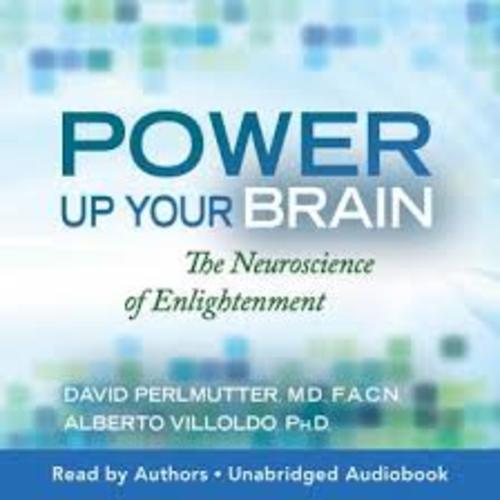
Recent scientific exploration has largely focused on the secular practice of Mindful Meditation, but meditation is also a component of several ancient religious traditions, with variations. Even within the community practicing secular mindful meditation, there are variations that may be scientifically meaningful, such as how often one meditates and how long the sessions are. Researchers also have an interest in a variation called Compassion Meditation, whose aim is to increase caring for those around us.
Cognitive neuroscience aims to find out how brain structures influence the way we process information and map mental cognitive functions to specific areas of the brain. This is done using brain imaging techniques such as fMRI and PET scans.
The earliest historical roots of neuroscience can be traced to The Ancient Egyptians, who practiced Trephination — drilling a hole into the skull in order to treat brain and/or mental disorders — and possessed some knowledge about the symptoms of brain damage.
Much later, the invention of the microscope and the use of staining procedures led to the discovery of individual neurons (cells of the nervous system) by Santiago Ramón y Cajal in the late 1890s, setting the stage for the modern study of the nervous system (Guillery, 2004). The emergence of neuroscience as a distinct field began in the 20th century, pioneered by David Rioch, Francis O. Schmitt, and Stephen Kuffler (Cowan et al., 2000).
The branches of neuroscience are primarily defined by their scales of analysis — that is, the perspectives from which they analyze the nervous system. Molecules in the nervous system form the basis for neuronal function and communication, which is the focus of molecular neuroscience.
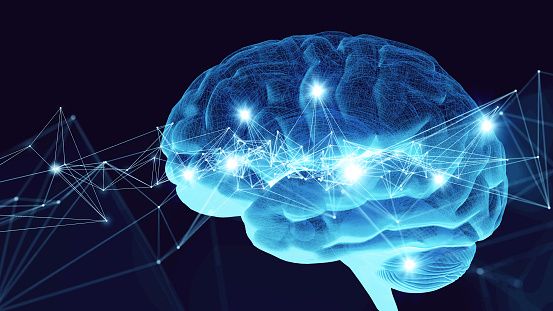
These molecular processes give rise to larger scale cellular functions within neurons — such as those involved in neural signaling — which is the focus of cellular neuroscience. Such functions enable complex systems of communication between neurons, which is the focus of systems neuroscience. Finally, these systems ultimately underlie thought and behavior, which is the focus of cognitive and behavioral neuroscience.
The scientific study of the nervous system provides crucial insights into the workings of the mind and brain, and is thus indispensable to psychology. Neuroscience allows us to understand the many workings of the mind as operating through networks of neural connections, just as computers operate through electrical connections.
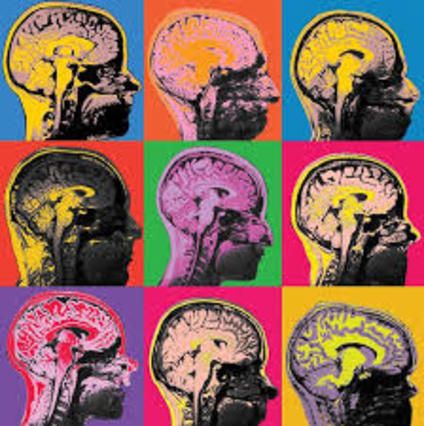
The brain is one of the most complex systems in the universe, and understanding how it functions is among the most challenging questions in science. Scientists are investigating the brain at many levels, from the molecules at synapses to complex forms of behavior, and use methods of inquiry that are drawn from a number of disciplines, including molecular and cellular biology, physiology, behavioral sciences and cognitive psychology, computer science and artificial intelligence.
In addition, scientists are investigating the nervous system of many different animals, from simple invertebrates to humans. These wide-ranging investigations are providing a clearer understanding of how neurons work; how they communicate with one another; how they are organized into local or distributed networks; how the connections between neurons are established and change with experience; how neuronal function is influenced by pharmacological agents, and during disease states. As a result, we are gaining deeper insights into the neural basis of mental activity, as well as developing new therapeutic approaches to alleviate neurological and psychological diseases
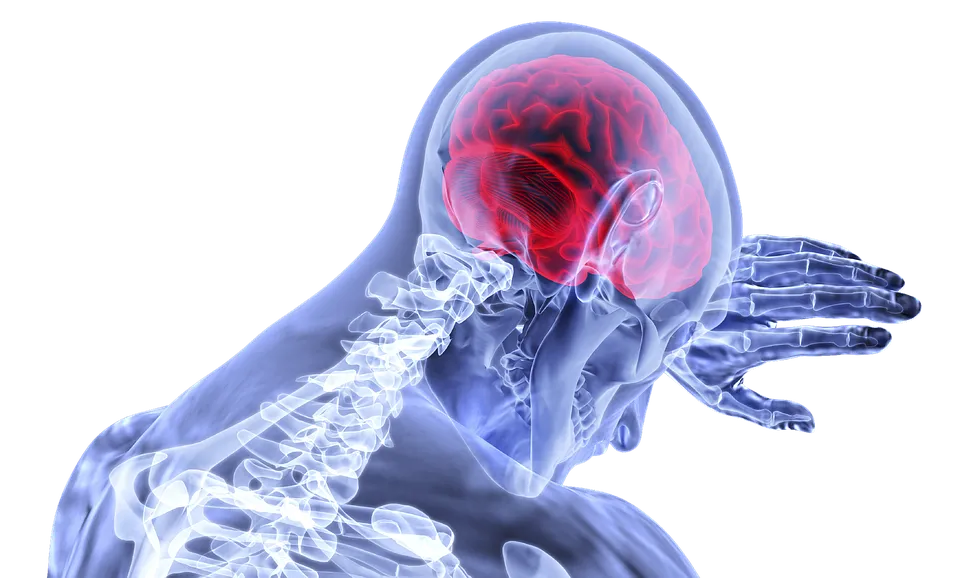
Neuroscience Has a Lot To Learn from Buddhism. A scientist and a monk compare notes on meditation, therapy, and their effects on the brain. Paradoxically, the most experienced meditators (with an average of 44,000 hours of practice) demonstrated less activation than the ones without as much experience. These highly advanced Buddhist meditators appear to acquire a level of skill that enables them to achieve a focused state of mind with less effort. These effects resemble the skill of expert musicians and athletes capable of immersing themselves in the “flow” of their performances with a minimal sense of effortful control. This observation accords with other studies demonstrating that when someone has mastered a task, the cerebral structures put into play during the execution of this task are generally less active than they were when the brain was still in the learning phase.
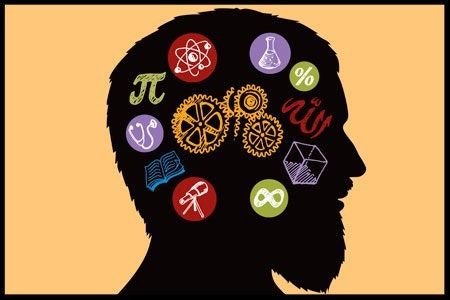
This suggests that the neuronal codes become sparser, perhaps involving fewer but more specialized neurons, once skills become highly familiar and are executed with great expertise. To become a real expert seems to require then at least as much training as is required to become a world-class violin or piano player. With four hours of practice a day, it would take you 30 years of daily meditation to attain 44,000 hours. Remarkable!

THINGS YOU MAY NOT KNOW: How to tweak your neurons so you have god-like experiences and are devoid of suffering.
THINGS YOU MAY WANT TO SAVE: Your neurons: The result is that about 45% of the mass of the human body is due to neutrons, 55% is protons (0.027% is electrons). An average human weights around 80 kg, so there are 36 kg of neutrons. Each neutron weighs 1.675 E-27 kg. So there are 36/1.675 E-27 = 2.15 E28 neutrons in a human body.
ZENTRAVELER SAYS: Since you have trillions of neurons it's your shining moment. You make a few last-minute wardrobe adjustments, grasp the microphone and walk to the center of the stage, blinded by the spotlight and overwhelmed by the cheers of your fans. You are a star. And it doesn't matter whether you can act, dance or sing -- or even if you have ever landed a spot on "American Idol." You're still a star. In fact, we all are.

Neurologically speaking you could probably drown a few million neurons in some high quality whiskey, good handcrafted beer and some fine wine and still be in good shape for the Neuron Olympics.
From here to Infinity is a relatively short ride! The next leg takes eons and eons as you fly through the Barycentric Dynamical Time Zone! …and on and on and on. Follow the Zentraveler Newsletter often for Travel, Health and Zen-like stories and such. Where else can you get a three in one Newsletter For The Price of FREE?

ZENTRAVELER IS A PERSONAL NEWSLETTER, DESIGNED TO GIVE TRAVEL, HEALTH, WRITING AND HUMOR INCLUDING HELPFUL HINTS WITH A ZEN LIKE QUALITY.
